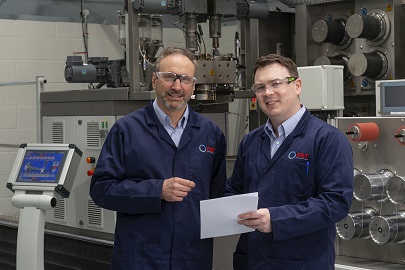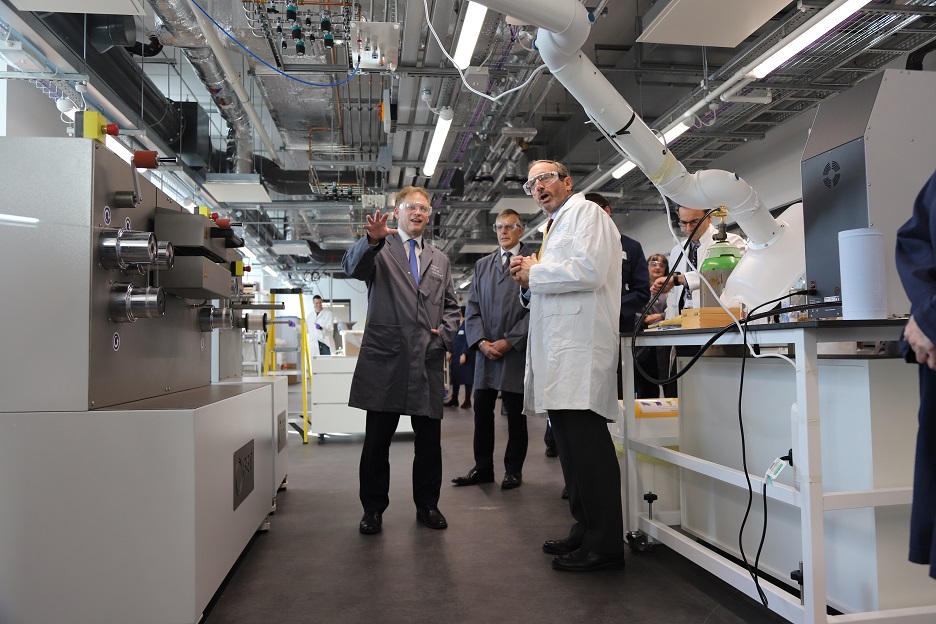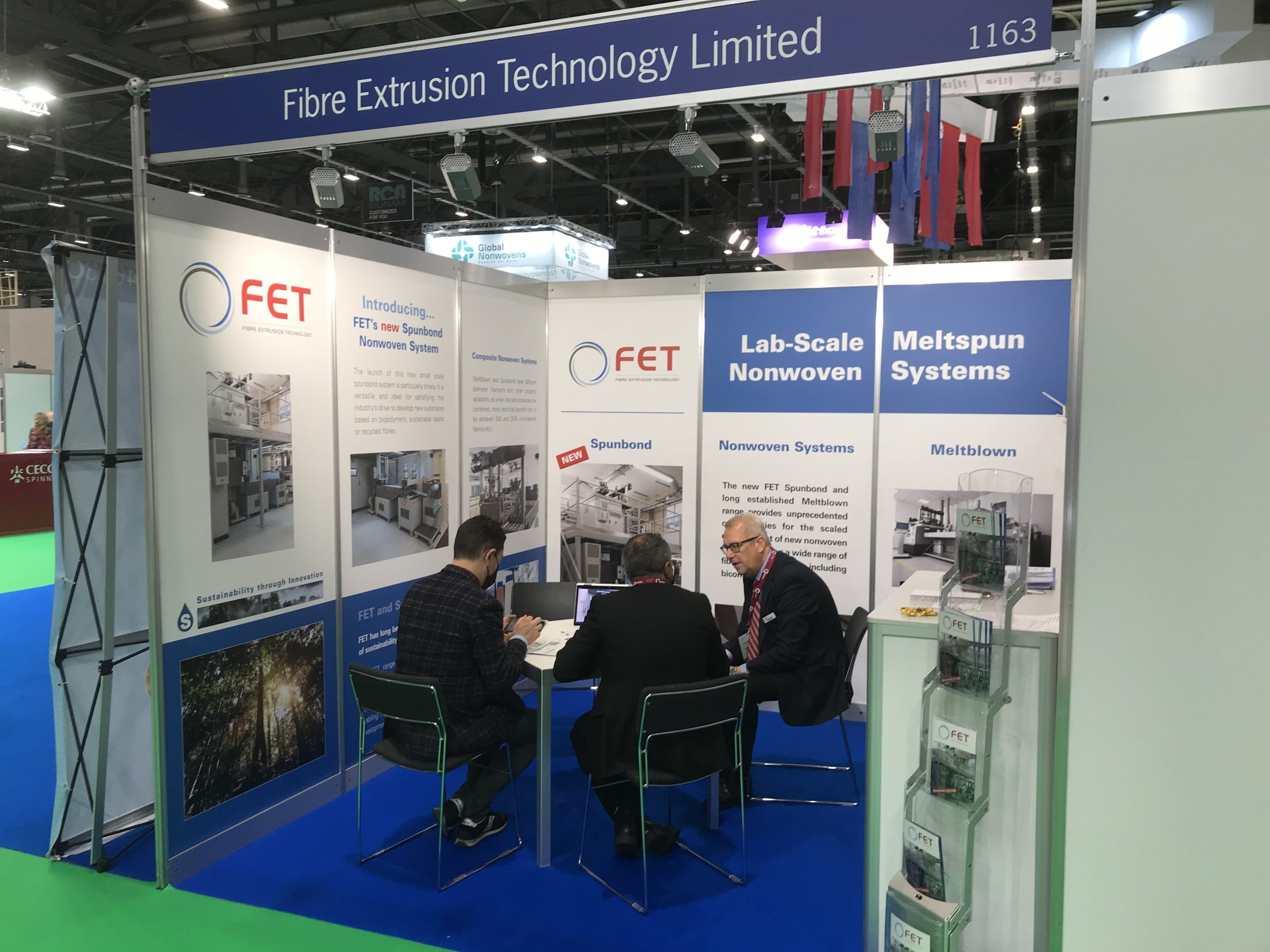FET has accelerated its recruitment drive with the appointment of Dr Kristoffer Kortsen as Senior Materials and Process Scientist. He will report directly to R&D Manager, Dr Jonny Hunter, who joined FET in early 2023 in a growing Research and Development team.
Kris’s main area of work is in Gel Spinning of UHMWPE (Ultra-High Molecular Weight Polyethylene). His contribution will help provide gel spinning expertise and equipment in the near future to a range of industries including medical, aerospace, defence aerospace and marine.
Originally from Denmark, Kris mostly grew up in Belgium. He completed a Master’s in chemistry at KU Leuven, graduating magna cum laude in 2018. For his Master’s placement, he worked on the production of impact modifier additives for PVC at Kaneka Belgium. Continuing a partnership with this giant international chemical manufacturing company, he joined the Howdle group at the University of Nottingham for a PhD project looking into the industrial potential of scCO2 dispersion polymerisations for additive production. After graduating, he worked in the Shaver group at the University of Manchester, developing a holistic approach to plastics recycling and sustainability across the many stakeholders in the field.
Kris’s experience in industrial chemistry, polymer chemistry and engineering is an excellent fit for FET. In particular, with FET’s focus on developing sustainable fibres of the future, his experience in areas like plastics recycling, extrusion, degradation, properties etc will prove to be of great benefit.
The R&D team continues to go from strength to strength in response to customer demand and FET’s drive towards sustainability and innovation. Currently the R&D department has a team of nine scientists and engineers that performs and assists with the trials requested by customers, alongside new process developments. Whilst small, this dynamic group covers multifilament, monofilament and nonwoven spinning trials.
Alongside this, the team will be able to provide gel and wet spinning trial work in the near future. The team has a vast array of experience and has supported a huge number of customers across multiple sectors to achieve their desired goals in a timely and cost efficient manner.







